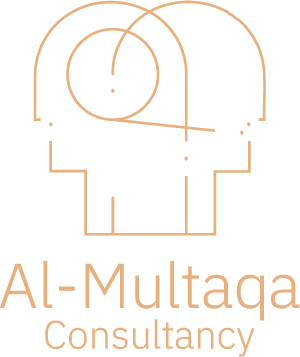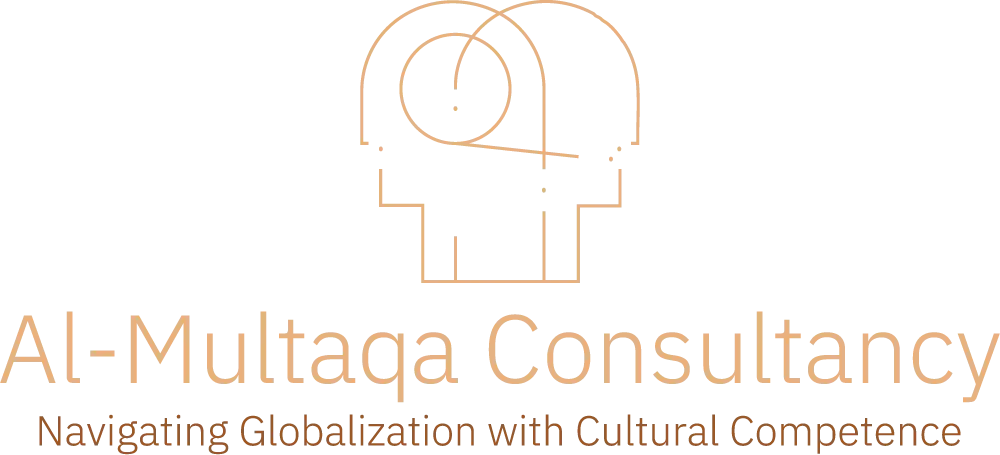Understanding Intercultural Communication in the Global Business Landscape
In today’s interconnected global business environment, intercultural communication skills have become indispensable. As businesses increasingly operate across borders, understanding the nuances of cultural differences is crucial to effective communication, successful decision-making, and overall business success. This is particularly evident in the MENA (Middle East and North Africa) region, where the confluence of diverse cultures creates a unique and dynamic business milieu.
Intercultural communication refers to the sharing of information across different cultures and social groups, emphasizing the need for understanding and interpreting various cultural signals accurately. In a business context, this translates to understanding how cultural differences influence communication styles, behavioral norms, and business practices. For instance, what might be considered direct and efficient in one culture could be seen as rude or aggressive in another.
In the MENA region, these cultural variances are deeply rooted in historical, religious, and social frameworks, presenting both challenges and opportunities for leaders. Miscommunication, when not addressed, can lead to misunderstandings, strained relationships, and potential business failures. Conversely, leaders equipped with strong intercultural communication skills can navigate these complexities, fostering an environment of collaboration and mutual respect.
One of the critical challenges in intercultural communication is overcoming ethnocentrism—the tendency to interpret the behaviors of others based on one’s cultural norms. Leaders must strive to develop cultural empathy, recognizing and valuing the perspectives of those from different cultural backgrounds. This is where effective communication strategies come into play. By adopting active listening, asking clarifying questions, and being open to diverse viewpoints, leaders can bridge cultural gaps, fostering collaboration and mutual understanding.
Moreover, the MENA region offers unique opportunities for businesses willing to embrace intercultural communication. Despite the challenges, the potential for forging robust international partnerships is immense. By leveraging effective intercultural communication skills, leaders can ensure that diverse teams work harmoniously towards common goals, enhancing overall business performance and driving success in this diverse and vibrant region.
Developing Leadership Skills for Success in the MENA Region
As the business landscape in the MENA (Middle East and North Africa) region becomes increasingly complex and dynamic, the role of leaders within organizations extends beyond traditional management. Effective leadership in this region requires a blend of cultural sensitivity, adaptability, and strategic foresight. Al Multaqa Consultancy focuses on equipping leaders with the essential skills needed to navigate these intricacies through specialized training programs, workshops, and coaching sessions.
One of the cornerstone skills for success in the MENA region is cultural sensitivity. Leaders must possess an acute awareness of cultural nuances to build and maintain strong relationships with diverse teams and stakeholders. Al Multaqa Consultancy’s training programs are designed to foster an understanding of the rich cultural tapestry that characterizes the MENA region. Through immersive workshops, leaders are exposed to the cultural dynamics and business etiquettes specific to the area, enabling them to lead with respect and empathy.
Adaptability is another critical component. The MENA region is marked by rapidly shifting economic and political landscapes. Leaders must be agile, capable of pivoting strategies in response to new challenges and opportunities. Al Multaqa Consultancy’s coaching sessions emphasize developing a flexible mindset, encouraging leaders to stay proactive rather than reactive in the face of uncertainty. Real-world scenarios and case studies are incorporated into the training to illustrate the power of adaptability in action.
Strategic thinking is equally paramount. Leaders are trained to adopt a forward-thinking approach, focusing on long-term goals while navigating the immediate complexities. Al Multaqa Consultancy offers workshops that concentrate on strategic planning, equipping leaders with tools to anticipate market trends, competitor movements, and innovative opportunities. This comprehensive approach ensures that leaders are not only prepared to handle the current business environment but are also primed for future success.
Real-world examples further validate the efficacy of these tailored programs. For instance, a regional telecommunications company faced significant market competition and regulatory pressures. By leveraging the skills gained through Al Multaqa Consultancy’s training, its leadership team successfully navigated these challenges, seizing growth opportunities and driving organizational success. Such examples underscore the importance and impact of cultivating leadership skills tailored to the MENA region’s unique business landscape.



